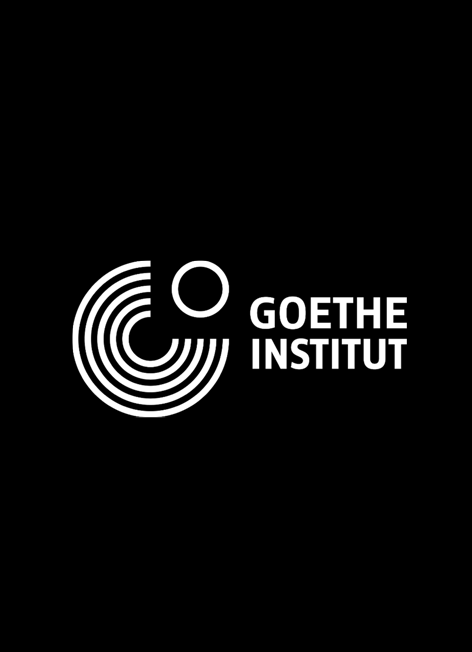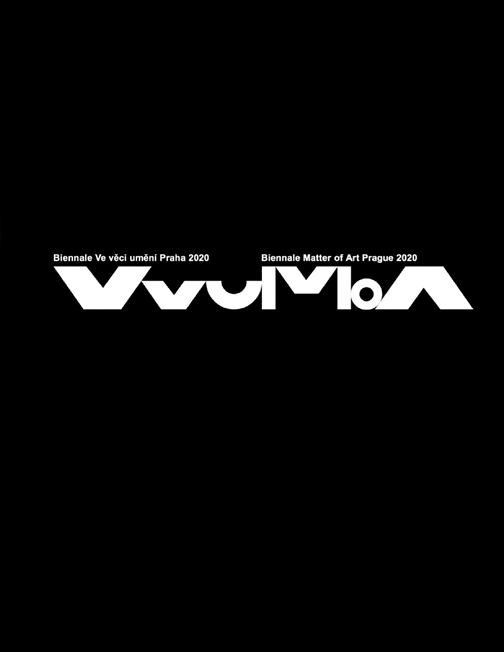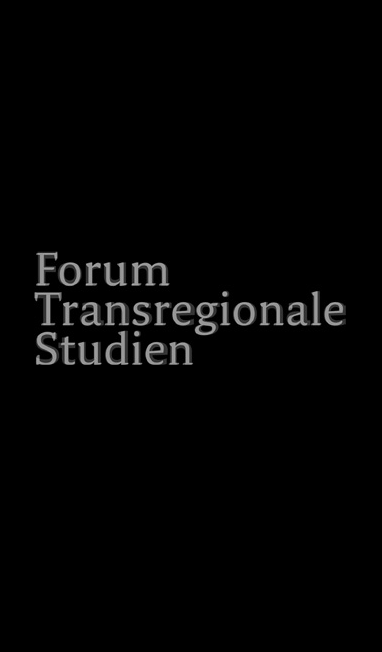Communicative Militarism
Symposium curated by Svitlana Matviyenko (Canada)
17-18.10, 19:00, KPI Library
“You may not be interested in cyberwar, but cyberwar is interested in you.” Yet, cyberwar, and overall militarisation of online communication, often remains overlooked in current discussions on surveillance capitalism, biased algorithms, and unjust infrastructures, including those of the Internet. No matter what form it takes – subtle molding of users’ sense of reality, leaking, hacking or direct attacks on critical infrastructure, cyberwar is fully integrated in the systemic operations of surveillance capitalism by sustaining crisis as a driving force of neoliberal economy and warfare spelt out far beyond the typical domains of war.
In order to grasp the political and civic implications of digital militarism, AI and big data industries of information capitalism, the most recent and most aggressive forms of for-profit data weaponization, this two-day symposium will focus on socio-techno-political conditions of possibility for various forms of communicative militarism. We will address potential tactical and strategic responses to the cyberwar condition in order to pose new questions for our scholarship and methodologies.
In order to grasp the political and civic implications of digital militarism, AI and big data industries of information capitalism, the most recent and most aggressive forms of for-profit data weaponization, this two-day symposium will focus on socio-techno-political conditions of possibility for various forms of communicative militarism. We will address potential tactical and strategic responses to the cyberwar condition in order to pose new questions for our scholarship and methodologies.
The program of Symposium:
October 17, Thursday
18:30. Talk by Geert Lovink
In his talk, Sad by Design: Overcoming Platform Nihilism, media theorist Geert Lovink (the Netherlands) will discuss the dark side of the net by zooming in on the widespread techno-sadness that is produced by dominant social media platforms through ‘behavioral modification’ (also known as ‘nudging’) with the aim to lure users back to same old app, exposing them to even more personalized ads. By demonstrating that instead of empowerment and diversity we witness a ‘chilling effect’ of hyper conformism, Lovink asks how can we dismantle these ‘prediction markets’ and reclaim the social?
19:30. Talk by Asia Bazdyreva
Asia Bazdyrieva w/Geocinema (Ukraine) will focus on the feedback loops between imaging and terraformation to address new forms of governance that operate through imaging – where markets, populations, and climates can be algorithmically calculable and mappable as the nearest future forecasts. She will offer her Geocinema project (created with filmmaker Solveig Suess) as an invitation to seeing otherwise.
20:30. Talk by Clemens Apprich
Building on the hypothesis that in digital cultures bias is hardcoded into algorithms and therefore becomes an object of analysis, media theorist Clemens Apprich (Austria) will talk about the driving logic behind most of our current filter mechanisms and trace the implicit network theoretical premises in the classification of data. By imposing identity on input data, in order to filter – that it is to discriminate – signals from noise, pattern recognition algorithms thrive on segmentation, thereby posing one of the biggest threats to democratic societies. In his talk Secret Agents: Algorithmic Decision-Making in Digital Cultures, he will discuss the tactical and strategic potential to unpack, re-imagine or even re-make algorithmic filtering systems.
October 18, Friday
18:30. Talk by Niels ten Oever
By showing how the Internet architecture gets shaped through entrenched conflicts, in Soft-war(e) Defined Networking: 5G and the Consolidation of Control, media theorist Niels ten Oever (the Netherlands) will demonstrate the connection between the workings of invisible infrastructures that provide a socio-technical ordering in our societies and the distribution of wealth, power and possibilities. In particular, he will explore the case of 5G: even if it has not (formally) been weaponized yet, it is rekindling the ISO-TCP standards wars, and through the opacity created in the network 5G presents a case of the digital ‘fog of war’.
19:30. Talk by Svitlana Matviyenko
In Speed Epistemology: Echo Chambers of Communicative Militarism, media theorist Svitlana Matviyenko (Canada) will discuss how cyberwar mobilizes, exploits, and bewilders subjectivity in order to implicate us all in its design by simultaneously retaining the constructive and destructive features of platform capitalism: those of digital organization and mobilization of population through the practices of resistance and activism, but also, of aggression and offense, abuse and misinformation.
October 17, Thursday
18:30. Talk by Geert Lovink
In his talk, Sad by Design: Overcoming Platform Nihilism, media theorist Geert Lovink (the Netherlands) will discuss the dark side of the net by zooming in on the widespread techno-sadness that is produced by dominant social media platforms through ‘behavioral modification’ (also known as ‘nudging’) with the aim to lure users back to same old app, exposing them to even more personalized ads. By demonstrating that instead of empowerment and diversity we witness a ‘chilling effect’ of hyper conformism, Lovink asks how can we dismantle these ‘prediction markets’ and reclaim the social?
19:30. Talk by Asia Bazdyreva
Asia Bazdyrieva w/Geocinema (Ukraine) will focus on the feedback loops between imaging and terraformation to address new forms of governance that operate through imaging – where markets, populations, and climates can be algorithmically calculable and mappable as the nearest future forecasts. She will offer her Geocinema project (created with filmmaker Solveig Suess) as an invitation to seeing otherwise.
20:30. Talk by Clemens Apprich
Building on the hypothesis that in digital cultures bias is hardcoded into algorithms and therefore becomes an object of analysis, media theorist Clemens Apprich (Austria) will talk about the driving logic behind most of our current filter mechanisms and trace the implicit network theoretical premises in the classification of data. By imposing identity on input data, in order to filter – that it is to discriminate – signals from noise, pattern recognition algorithms thrive on segmentation, thereby posing one of the biggest threats to democratic societies. In his talk Secret Agents: Algorithmic Decision-Making in Digital Cultures, he will discuss the tactical and strategic potential to unpack, re-imagine or even re-make algorithmic filtering systems.
October 18, Friday
18:30. Talk by Niels ten Oever
By showing how the Internet architecture gets shaped through entrenched conflicts, in Soft-war(e) Defined Networking: 5G and the Consolidation of Control, media theorist Niels ten Oever (the Netherlands) will demonstrate the connection between the workings of invisible infrastructures that provide a socio-technical ordering in our societies and the distribution of wealth, power and possibilities. In particular, he will explore the case of 5G: even if it has not (formally) been weaponized yet, it is rekindling the ISO-TCP standards wars, and through the opacity created in the network 5G presents a case of the digital ‘fog of war’.
19:30. Talk by Svitlana Matviyenko
In Speed Epistemology: Echo Chambers of Communicative Militarism, media theorist Svitlana Matviyenko (Canada) will discuss how cyberwar mobilizes, exploits, and bewilders subjectivity in order to implicate us all in its design by simultaneously retaining the constructive and destructive features of platform capitalism: those of digital organization and mobilization of population through the practices of resistance and activism, but also, of aggression and offense, abuse and misinformation.

















